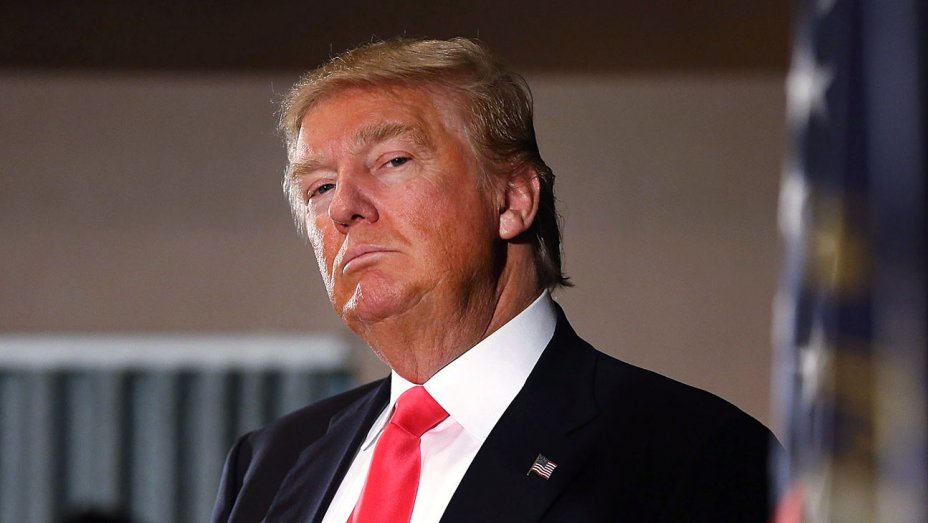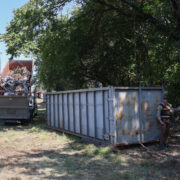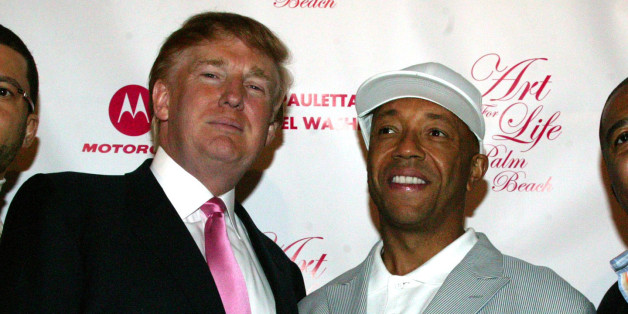
Trump’s first White House interview, annotated
All White Houses leak. Sometimes the leaks are big, sometimes small. But there are always people willing to talk to reporters about the “real” story or about why the chief executive made a mistake in regards to some decision he made.
That said, I’ve never seen so much leaking so quickly — and with such disdain for the president — as I have in the first six days of Donald Trump’s presidency.
Two recent examples:
1. This from the New York Times today on Trump’s impulsiveness:
Mr. Trump’s advisers say that his frenzied if admittedly impulsive approach appeals to voters because it shows that he is a man of action. Those complaining about his fixation with fictional voter fraud or crowd counts at his inauguration, in their view, are simply seeking ways to undercut his legitimacy.
Yet some of his own advisers also privately worry about his penchant for picking unnecessary fights and drifting off message. They talk about taking away his telephone or canceling his Twitter account, only to be dismissed by a president intent on keeping his own outlets to the world.
2. This from WaPo on Trump’s inauguration crowd estimates:
Trump’s advisers suggested that he could push back in a simple tweet. Thomas J. Barrack Jr., a Trump confidant and the chairman of the Presidential Inaugural Committee, offered to deliver a statement addressing the crowd size.
But Trump was adamant, aides said. Over the objections of his aides and advisers — who urged him to focus on policy and the broader goals of his presidency — the new president issued a decree: He wanted a fiery public response, and he wanted it to come from his press secretary.
Time and again, the image of Trump pushed by his “aides” is one of a clueless child — someone who acts on impulse, disregarding the better advice of people who know better. We know he needs to be managed or else he will say and do stupid things, the message seems to be. We’re working on it.
And what we know about Trump from his presidential campaign is that some of his top staffers — most notably Kellyanne Conway — often communicated to the boss via the media. What that strategy suggests is that Trump is influenced at least as much — and, in truth, likely more — by reading the sniping of his aides on background (meaning without their names attached) in the news than he is by private conversations. That the best way to reach him, change his mind or otherwise bend his ear is through a public airing of grievances.
Trump has shown that his tendency to obsessively consume media — especially cable television — is unchanged in the six days since he has become president. He appears to be making policy decisions via things he watches or reads.(Remember Trump’s famous/infamous statement that he got his military information and advice “mostly from the shows.”)
At odds with all of this, however, is the fact that Trump is both deeply proud and hugely image-conscious. Having to read and watch allegedly loyal “aides” casting him as a sort of feckless child constantly in need of guidance wouldn’t seem to be the sort of thing that would sit well with him.
Tim Miller, a former spokesman for Jeb(!) Bush’s presidential campaign and a frequent Trump critic, summed that sentiment up nicely:
Trump doesn’t seem like the type who will enjoy his advisors talking about him like he’s a child to the New York Times for long. https://twitter.com/nytimes/status/824597792299581440
It doesn’t take much imagination to conjure up an image of an irate Trump surrounded by the various clips of his aides driving the perception that he badly needs to be managed at every moment. If Trump’s entire #brand is centered on being the best/classiest/smartest, these sort of leaks fundamentally undermine that image. And we’re only six days into his presidency!
The frequency — and nature — of these leaks are yet another reminder that the Trump presidency is nothing like anything that’s come before it. There is no blueprint. We’re through the looking glass.











